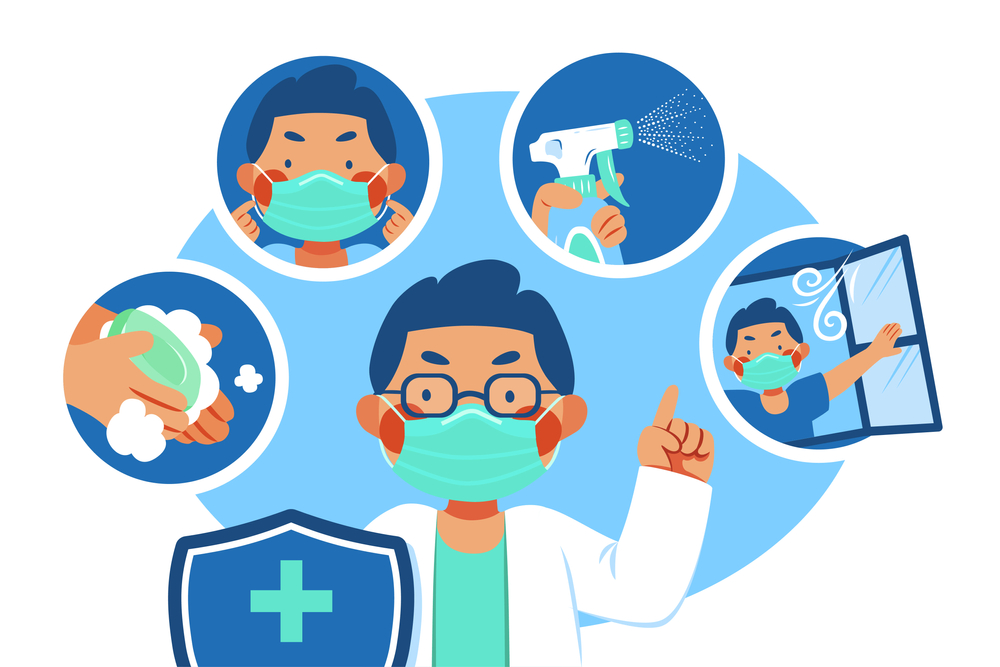ASOURCE®NAVI

公開日:2024.07.25
新型コロナウイルス感染症が再び全国的に広がりを見せ、第11波が始まったとされます。現在の感染状況、流行変異株、症状、対処法などについて解説します。
今年7月8〜14日の1週間に報告された全国の1医療機関あたりの感染者数は11.18人と、10週連続で増加しています。これは昨年同時期と同水準で、季節性インフルエンザの「注意報」基準を上回っています。入院患者も3週間で倍増し、3,000人を超え、警戒が必要な状況です。
主な症状は強い喉の痛みと発熱ですが、咳、倦怠感、味覚・嗅覚異常、頭痛、鼻症状、下痢なども見られます。これらは通常の風邪やインフルエンザと類似しているため、自己判断が困難な場合があります。発熱や風邪症状がある場合は、市販の抗原検査キットで自己検査し、陽性の場合はまず自宅で安静にして十分な水分を摂取することが重要です。重症化リスクの高い方(高齢者、基礎疾患を有する方、妊婦など)や、症状が重い、または改善しない場合は医療機関に相談・受診してください。受診前には電話で事前連絡することが推奨されます。なお、医療機関や薬局を訪れる際は、高齢の方や、基礎疾患をお持ちの方を守るためにもマスクを着用しましょう
5類感染症への移行に伴い、厳格な行動制限は廃止されましたが、発症の翌日から5日間は外出を控えることが推奨されています。また、マスク着用、手洗い、咳エチケットなど基本的な感染対策を徹底し、人混みを避けるなど周囲への配慮を意識しましょう。同居者が感染した場合は、可能であれば部屋を分け、感染者のケアは限られた人数で行うなどの対策が望まれます。
今年4月からは通常の医療体制での対応に移行し、自己負担が増加しています。例えば、治療薬「ゾコーバ」5日間処方の場合、3割負担の人は約1万5,500円の自己負担となります。
感染予防と健康管理のため、室内換気の徹底や手洗い、手指消毒などの基本的対策を継続しましょう。特に夏季は冷房使用時の換気に注意が必要です。人混みではマスクの着用を心がけ、ワクチン接種も検討してください。65歳以上と60〜64歳の基礎疾患保有者は今年10月1日から定期接種が開始される予定です。日常生活では十分な睡眠、バランスの取れた食事、適度な運動で免疫力を維持することが大切です。
今夏は熱中症や手足口病も流行しており、新型コロナとの併発にも注意が必要です。体調管理に十分気をつけ、症状がある場合は早めに医療機関で受診しましょう。
メディアスグループは、医療機器の販売を中心とした事業を展開しています。医療に携わる私たち(Medical+us)は、医療現場や人々の健康的な明日へ役立つ情報をお届けする情報発信源(Media)の役割も果たしていきたいと考えています。